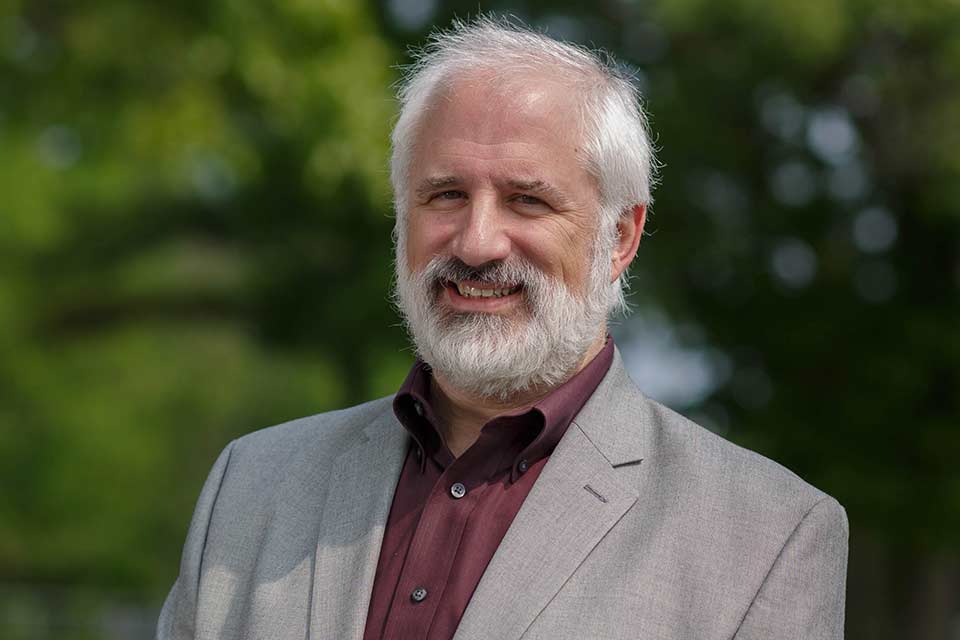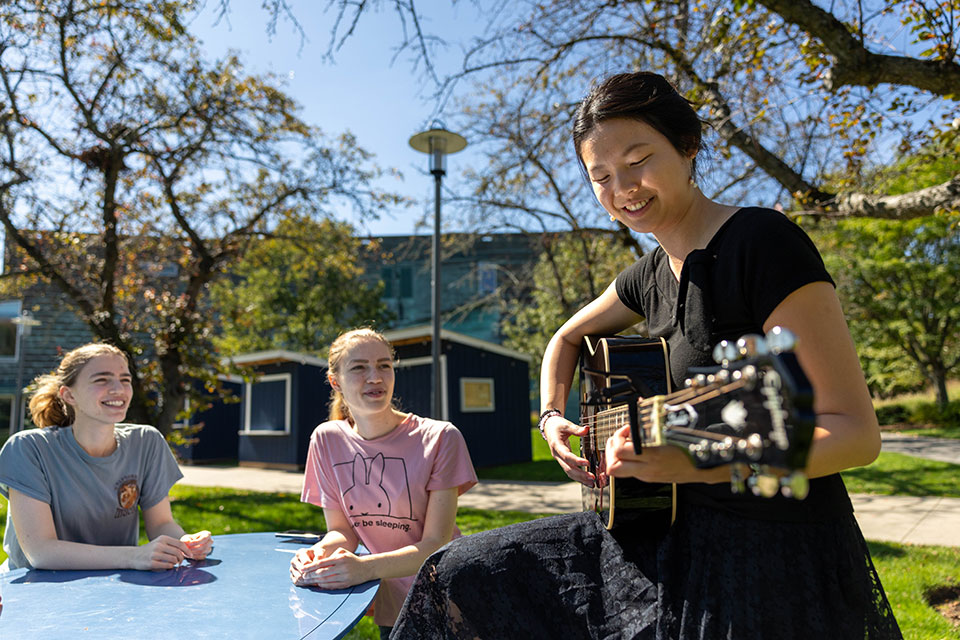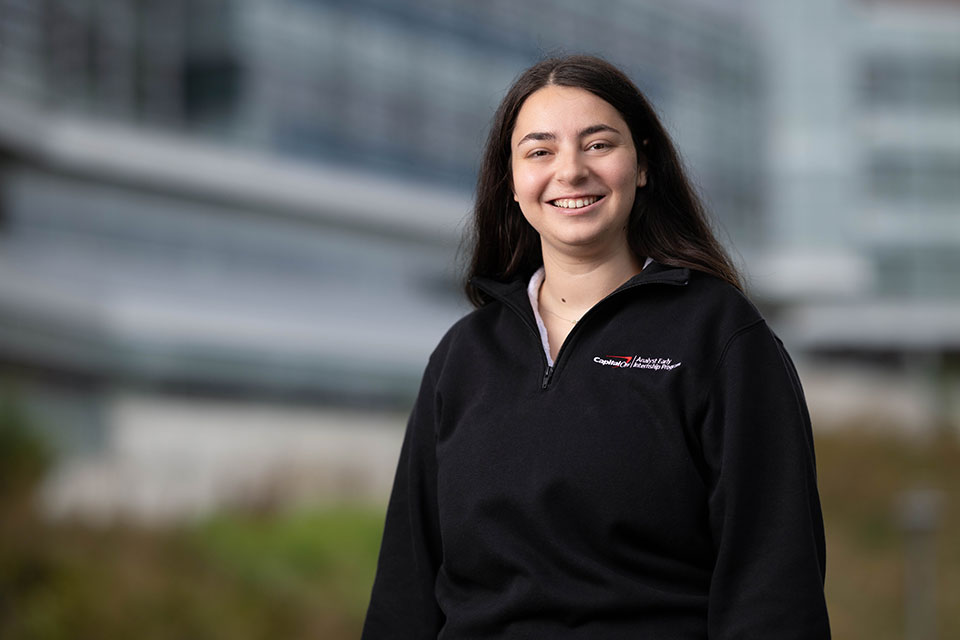Brandeis University launches a new vision for American higher education, reinventing liberal arts and emphasizing career development
September 10, 2025
Media Contacts
Michael K. Frisby
Mike@frisbyassociates.com
202-625-4328
Shep Ranbom
sranbom@communicationworks.com
202-365-4774
WASHINGTON, DC — In a resounding call to action, Brandeis University President Arthur Levine today presented a blueprint for reimagining liberal arts education during a forum with higher education and policy leaders. At the National Press Club, he outlined a transformative vision, highlighting the urgent challenges facing colleges, employers, parents, and students.
Levine unveiled “The Brandeis Plan to Reinvent the Liberal Arts,” a sweeping redesign of academic structures, curricula, degree programs, teaching methods, career education, and student support systems. Developed in close partnership with Brandeis faculty, the plan responds to a rapidly shifting landscape in which the demands on higher education are evolving at unprecedented speed in a global, digital economy.
“We are living through a time of extraordinary change across technology, the economy, and society,” Levine said. “Today’s students need more than knowledge. They need the skills, experiences, and confidence to lead in a world we cannot yet predict. We are advancing a new model. We need reinvention. And that’s exactly what Brandeis is establishing.”
The Brandeis Plan transforms the student experience by integrating career preparation into every stage of a student’s education, requiring internships or apprenticeships, sustaining career counseling, and implementing a core curriculum built around the skills that employers value most. The plan also reimagines teaching. It will be more experiential and practical, and introduce new ways to measure and showcase student learning and growth over time.
Levine said that liberal arts education is designed to ‘future-proof’ students. “By helping students learn to solve problems and think critically, the liberal arts prepare students for the jobs envisioned for the future,” he said. “As new technologies reshape the workforce and employers prioritize proven skills, it’s time to strengthen the liberal arts with tools that ensure students are prepared to thrive.”
The Brandeis Board of Trustees is investing $25 million to expand internships and career pathways, support faculty in redesigning programs and degrees, and launch a Center for Careers and Applied Liberal Arts. The center will drive innovation across the curriculum, designing courses, programs, and practical learning experiences that prepare students for a rapidly changing world, including the use of technologies like AI and virtual reality.
The university is also partnering with ETS, a global education and talent solutions organization. ETS will deploy its AI-centric Futurenav Compass, which it refers to as “a GPS for the education-to-workforce journey,” enabling Brandeis to support students from career exploration to career placement. Futurenav Compass will help students demonstrate their career readiness by highlighting skills that employers are looking for, leveraging competencies developed in Brandeis’ academic work and experiential activities, and captured through Futurenav Compass assessments and skill extractions.
Notably, the collaboration will support the creation of a “second transcript” for students showcasing and verifying their achievements and competencies.
“Brandeis is putting students in the driver’s seat,” said Amit Sevak, CEO of ETS.
“With Futurenav Compass, we’re turning what learners know and can do into a clear path to opportunity—using ETS’s measurement science and AI to surface real skills, map them to in-demand roles, and connect students directly to internships and first jobs.”
Speaking to the gathering in a recorded video message, Massachusetts Sen. Edward Markey said, “I am pleased to see Brandeis University having important conversations about the future of education. William Butler Yeats said that ‘education is not the filling of a pail, but the lighting of a fire.’ That has been the promise of liberal arts education in Massachusetts and nationwide, and it will be our challenge to defend that promise together.”
Levine emphasized that employers are increasingly prioritizing real-world skills beyond traditional credentials. In response, he laid out this redesign of Brandeis’ academic and career-preparation model, which was endorsed by 88 percent of Brandeis faculty members and built on four key components:
- An enhanced core curriculum that provides students with the skills, knowledge, and values to thrive in a global, digital, knowledge economy.
- Integrated career development, including four years of career counseling beginning at orientation, plus at least one required internship or apprenticeship. Each student will be supported by both an academic and career advisor (either a professional counselor or an accomplished professional in the student’s intended career field).
- A career-competency, second transcript that complements the academic record by documenting skills and knowledge gained through coursework and experiential learning. It includes microcredentials in job-relevant skills, aligning academic achievement with career readiness.
- A unified academic model that brings together professional schools with the liberal arts. This integration enhances professional programs by providing a deeper academic foundation and offering undergraduates increased access to professional pathways, hands-on experiences, and faculty mentors across various disciplines.
Ted Mitchell, president of the American Council on Education, recognized Brandeis for charting a bold course that responds to the changing demands on colleges and universities. “Thanks to its forward-looking faculty, Brandeis is the first major research university and highly selective institution to really put a bet on skills and has done so without lessening the rigor of its curriculum,” he said. “Brandeis making this move is significant and influential, offering an example other colleges and universities may find inspiring.”
Lisa Kranc, chair of the Brandeis Board of Trustees, applauded the new approach. “We're choosing a bold path forward, one that invests in Brandeis' academic future and reaffirms our leadership in higher education,” she said. “This plan is both visionary and grounded in our founding mission and values. We are fully committed to supporting it every step of the way.”
Levine said that Brandeis was “founded to break barriers and rethink” what’s possible. “This plan renews that founding spirit—bold in its vision, grounded in our values, and committed to leading where higher education must go next.”


